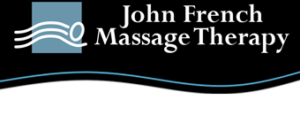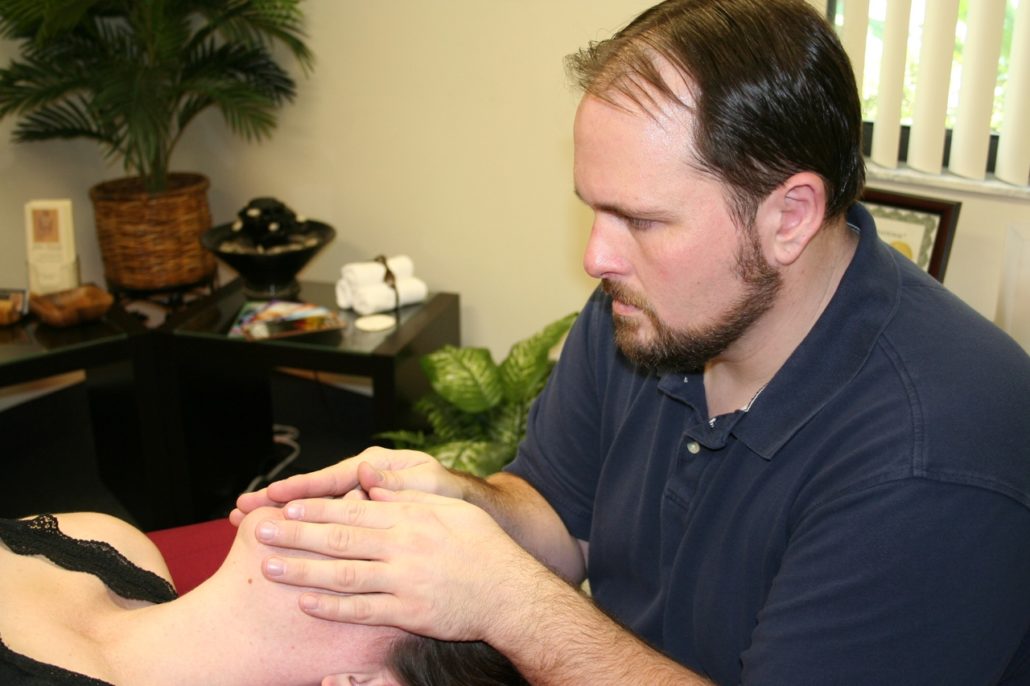What is Reiki?
Reiki is an energetic, non-invasive healing practice in the “therapeutic touch” tradition. Mikao Usui, the founder of the Reiki system, developed this complementary therapy for treatment of physical, mental, and emotional illnesses. A Reiki practitioner, acting as a conduit, allows Reiki energy to flow through him/her and be drawn where needed by the client. In this way, the client becomes an active participant in the balancing and healing process. Reiki works in harmony with all other therapies and techniques for healing and can help improve their results. Reiki treats the whole person (mind, body, spirit, and emotion), and most recipients notice a deep feeling of relaxation and a sense of peace, as well as feeling generally balanced and refreshed.
What does a Reiki session look like?
A Reiki session usually lasts between 30 minutes to an hour, depending on the client’s needs. The client is clothed, preferably wearing something loose and comfortable. No oil or lotion is used. Reiki can be administered either in person or via distance healing. During an “in person” treatment the client will usually lie on a massage table or mat in a calm environment. The Reiki practitioner’s hands are gently placed on or near the client’s body to allow the transfer of energy from the practitioner’s hands to the client. Some schools of Reiki prescribe specific placement, while others hold that the Reiki practitioner will intuitively recognize and treat areas of imbalance. During a distance healing session, the client will be asked to create a relaxing environment where they won’t be interrupted for the next 30 minutes to an hour. The Reiki practitioner will then enter a relaxed state and from his location send Reiki energy to the client. Many people who experience Reiki are struck by the intense feelings of warmth and comfort during a session. Others note that they can physically feel waves of energy move from the practitioner into their body.
What are the Benefits of Reiki?
Current research points to the existence of a human energy field extending throughout and beyond the body and indicates there may be correlations between illnesses and imbalances or disruptions in this field. The Hartford Hospital Outcome Measurements study showed that Reiki induces a parasympathetic “relaxation response,” and can diminish pain, anxiety, nausea, and fatigue. Physiological changes from the relaxation response can also boost immune function and increase general well-being in support of healing. Reiki promotes health and well-being of the physical, mental, emotional, and psychic body, and so is a means of attaining and supporting wholeness in Body, Mind, and Spirit.
Always consult your doctor and your therapist to see if massage or specific massage types are right for you.




